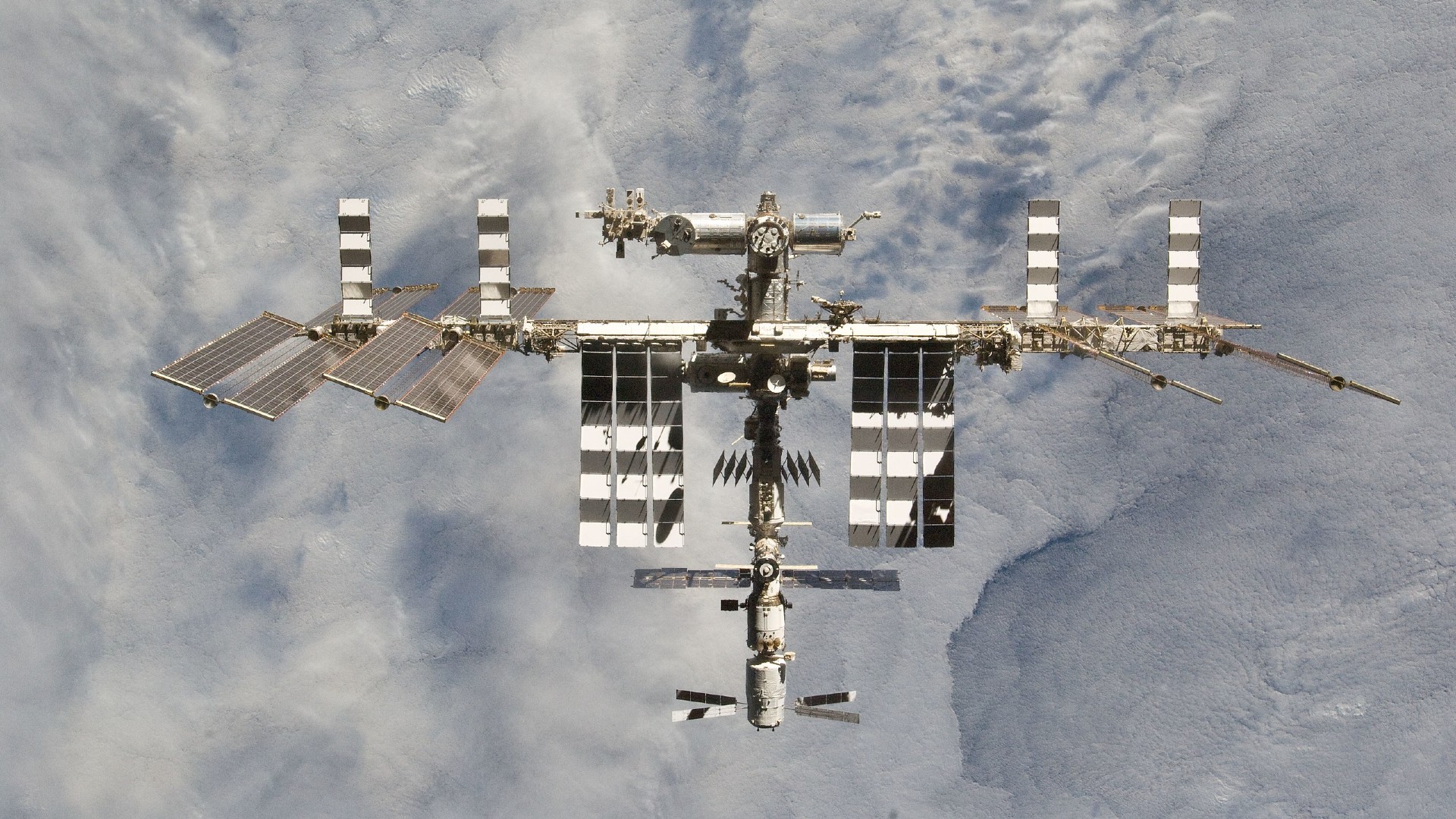Russia agrees to stay aboard International Space Station through 2028

Russia's departure from the International Space Station (ISS) program isn't so imminent after all.
Last year, shortly after Russia invaded Ukraine, Russian space officials said the nation would leave the ISS partnership sometime after 2024, so it could focus on building its own outpost in low Earth orbit.
That vague departure date left open the possibility that Russia would actually stay aboard for a few more years — and that's exactly what's going to happen, we learned today (April 27).
"Russia has confirmed it will support continued station operations through 2028," NASA officials wrote in an update this afternoon.
The other major ISS partners — the space agencies of Europe, Canada and Japan — have signed on through 2030, the update added, joining NASA in committing to the orbiting lab through the envisioned end of its operational life.
Related: International Space Station: Facts about the orbital laboratory
The ISS partners began building the orbiting lab in 1998, and it has been continuously occupied by rotating astronaut crews since November 2000.
Breaking space news, the latest updates on rocket launches, skywatching events and more!
During that time, 266 people from 20 different countries have visited the ISS and conducted more than 3,300 experiments in its unique microgravity conditions, according to NASA officials.
"Now, in its third decade of operations, the station is in the decade of results when the platform can maximize its scientific return," agency officials wrote in today's update. "Results are compounding, new benefits are materializing, and innovative research and technology demonstrations are building on previous work."
Though the ISS still has considerable life left in it, NASA is already preparing to pass the baton in low Earth orbit (LEO).
The agency is funding the development of multiple private space station concepts, with the hope that at least one of them will be up and running before the ISS meets its end in a fiery (but controlled) reentry to Earth's atmosphere.
A sustained crewed presence in LEO over the long haul is key to humanity's quest to extend its footprint to the moon and Mars, NASA officials have said. Commercial LEO outposts will not only allow us to keep learning about how off-Earth life affects the body, they say, but will also help stimulate an orbital economy that can drive expansion out into deep space.
Mike Wall is the author of "Out There" (Grand Central Publishing, 2018; illustrated by Karl Tate), a book about the search for alien life. Follow him on Twitter @michaeldwall. Follow us @Spacedotcom, or on Facebook and Instagram.

Michael Wall is a Senior Space Writer with Space.com and joined the team in 2010. He primarily covers exoplanets, spaceflight and military space, but has been known to dabble in the space art beat. His book about the search for alien life, "Out There," was published on Nov. 13, 2018. Before becoming a science writer, Michael worked as a herpetologist and wildlife biologist. He has a Ph.D. in evolutionary biology from the University of Sydney, Australia, a bachelor's degree from the University of Arizona, and a graduate certificate in science writing from the University of California, Santa Cruz. To find out what his latest project is, you can follow Michael on Twitter.
